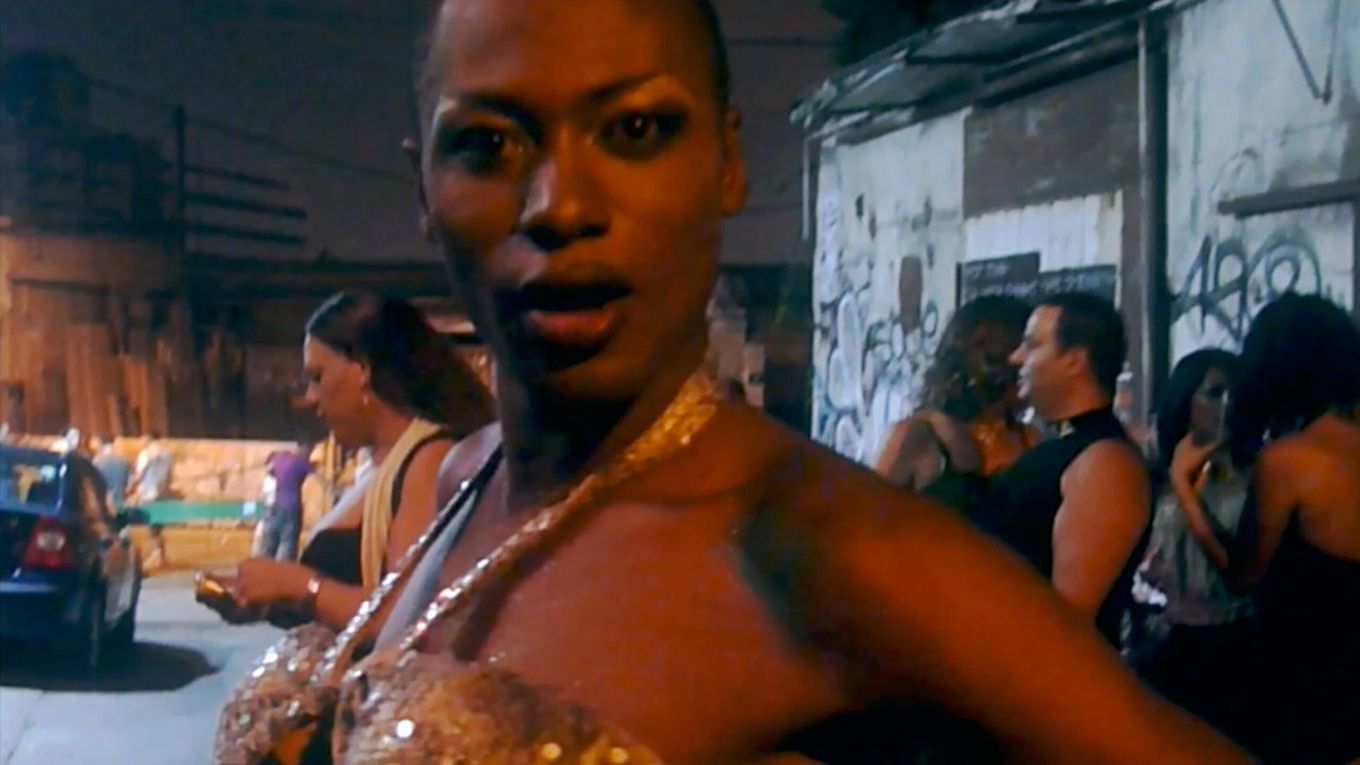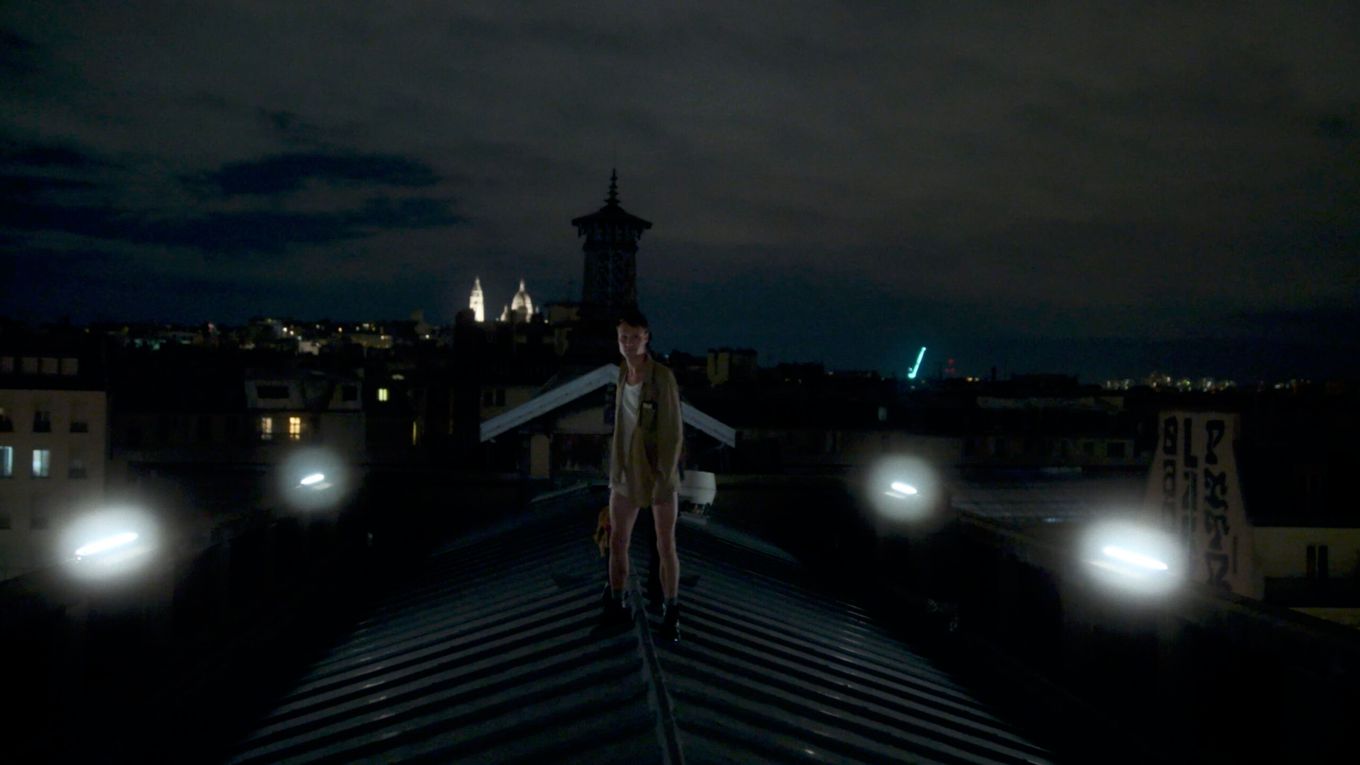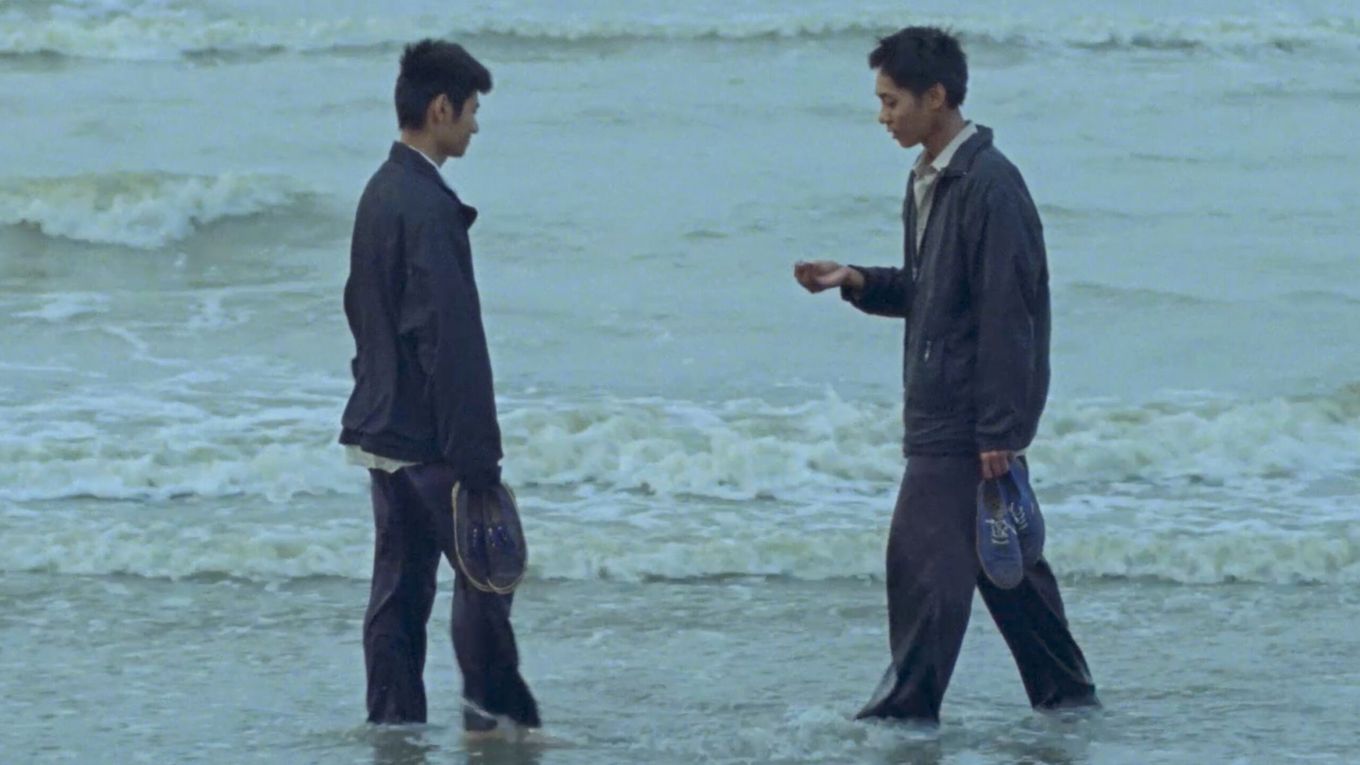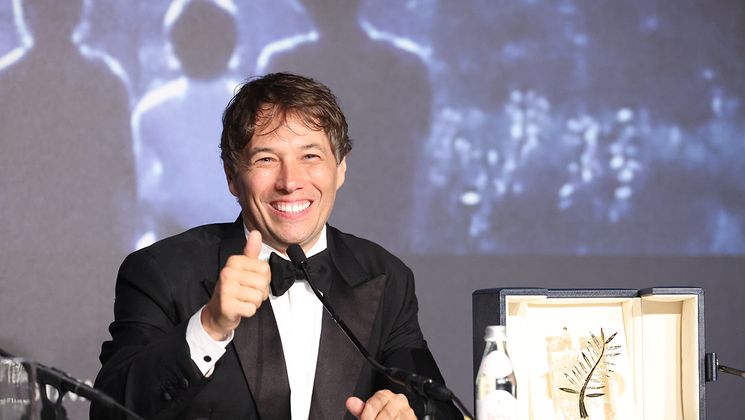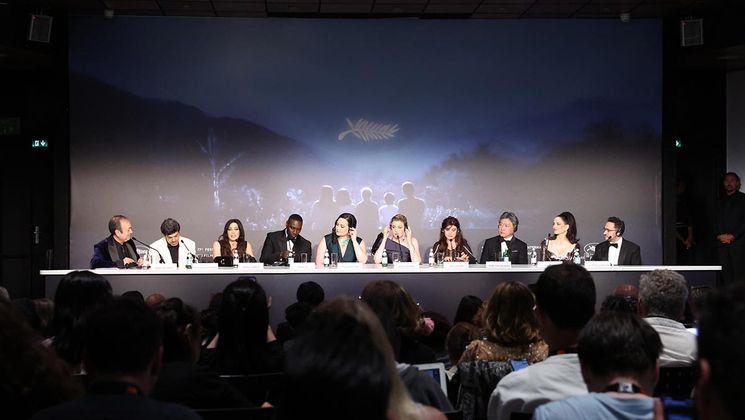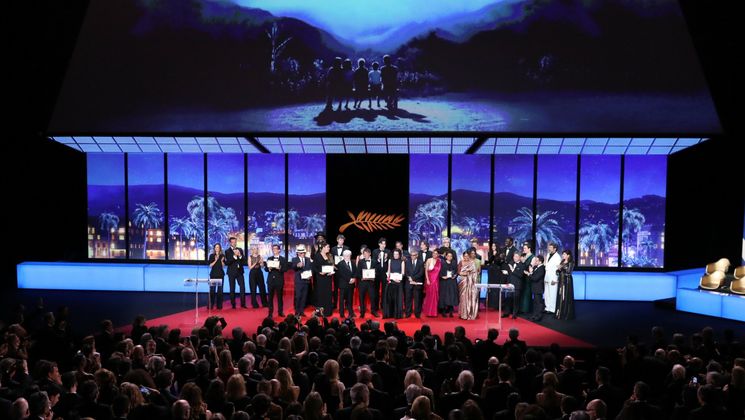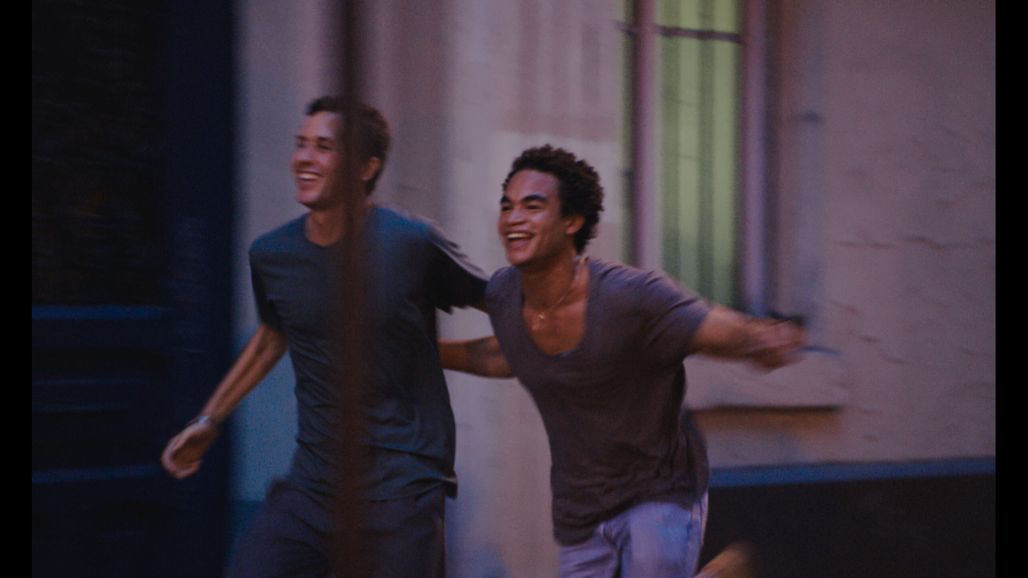
Cannes 2024: questioning identity

This year, LGBTQIA+ representation has pride of place in the Official Selection. There are films from experienced filmmakers and emerging talents, from all around the world, documentaries and features alike.
Trans identity on the screen, in features and in docs
A trans actress to portray a transition on screen. The challenge is taken up by Karla Sofía Gascón whose performance in Jacques Audiard’s Emilia Pérez is among the most striking of the Competition.
“ Us trans folks are just like everyone else. ” Karla Sofía Gascón
Actress in EMILIA PĖREZ
“Whether we’re LBGT or whatever you call us, we’re normal people”, said the actress during the film’s press conference. “And we can have the careers we want, whether it be teaching or acting.”
Like Karla Sofía Gascón, the five women in La Belle de Gaza (The Belle from Gaza) (Special Screening) jump off the screen. The difference is that they are not actresses. Talleen, Israela, Nathalie, Danielle and Nadine tell their stories to the Yolande Zauberman‘s sensitive camera.
“ In ancient times, trans women were goddesses and I wanted to give this position back to them. ” Yolande Zauberman
Director of LA BELLE DE GAZA (THE BELLE FROM GAZA)
Palestinian and Israeli, these women have lived the cruel experience of the street and prostitution. Although some have become icons, their journeys tell of the fascination and repulsion they inspire, but above all a quest for liberty.
Christophe Honoré makes a man of Chiara Mastroianni
It’s not easy to wear your father’s suit. In Marcello Mio, Chiara Mastroianni manages to pull it off, directed by Christophe Honoré. While the film, screened In Competition, examines the place of the actress in her legendary film family, it also raises the specter of gender. “It’s also the story of an actress who wonders if she could have a career as an actor,” Honoré explains.
“ It's a completely playful story that juggles identities. ” Christophe Honoré
Director of MARCELLO MIO
The persistent taboo of homosexuality around the world
Adi, the main character in Three Kilometres to the End of the World, is beaten up when he is surprised while in the company of his summer fling. For his first entry In Competition, Emanuel Parvu tells the story a homosexual character, a rarity in Romanian cinema, to depict ordinary homophobia within a small society.
“ It is important for me to study the way society reacts to injustice and to criticise its obtuse ways of thinking. ” Emanuel Parvu
Director of THREE KILOMETRES TO THE END OF THE WORLD
Discussing homosexuality, even at the risk of compromising the release of her next project? That was the fear of Minh Quý Trương, who is presenting Việt And Nam at Un Certain Regard. A reflection on the heavy history of the country through the story of two miners. The film was indeed prohibited by the Ministry of Culture and will not be distributed in Vietnam or abroad, but for a different reason: “The title and content of the film, its ideology and its theme give a dark and negative vision of the country, one that has no way out.”
A frame more than a story
The press likes to label his films as queer, but Alain Guiraudie denies this when it comes to Miséricorde (Misericordia): “The term gets on my nerves a bit because the meaning of ‘queer’ is ‘bizarre’.” The filmmaker, who defines his film as “an erotic thriller without sex” already said as much in 2013 for L’Inconnu du lac (Stranger by the Lake), (Winner of the Best Directing Prize of Un Certain Regard 2013):
“ I like the idea that having a kid with a girl doesn't make you hetero, and that sleeping with a guy doesn't make you gay. ” Alain Guiraudie
Director of MISERICORDE (MISERICORDIA)
Alain Guiraudie depicts homosexual relationships, but they are not the subjects of his films but rather pretexts to talk about eroticism and desire.
The emergence of AIDS, on the side of life
Diving into the 1980s and 90s, two films take us back to the stupefying years of AIDS. Ali Abbasi’s The Apprentice looks at the rise of Donald Trump, and, as the story unfolds, we discover that his mentor Roy Cohn is afflicted with the illness at the height of its stigma, recalling the taboo and terror surrounding the epidemic.
At Cannes Première, the subject is at the heart of Gaël Morel’s, Vivre, Mourir, Renaître (To Live, To Die, To Live Again), the story of a trio struck by the emergence of the virus. “It’s a love story on the side of life, which stubbornly continues despite the ambush of the tragedy,” the director says. “It’s a film that I hope can console, repair”. Beyond the astonishment and the dramas caused by AIDS, Gaël Morel makes the choice to open an optimistic horizon.
